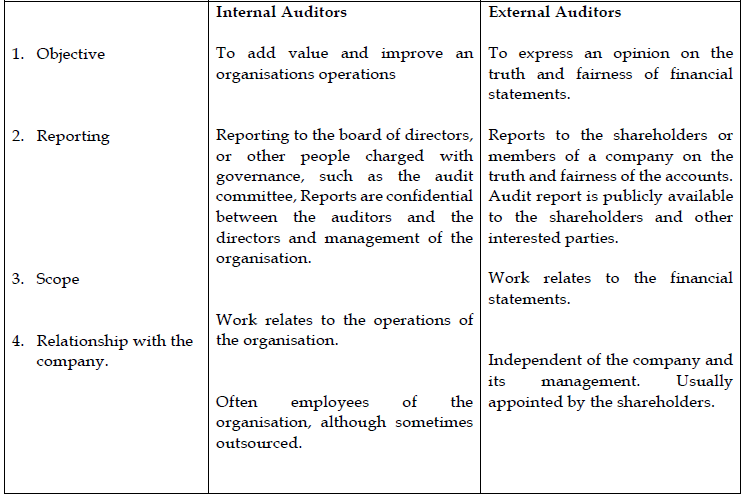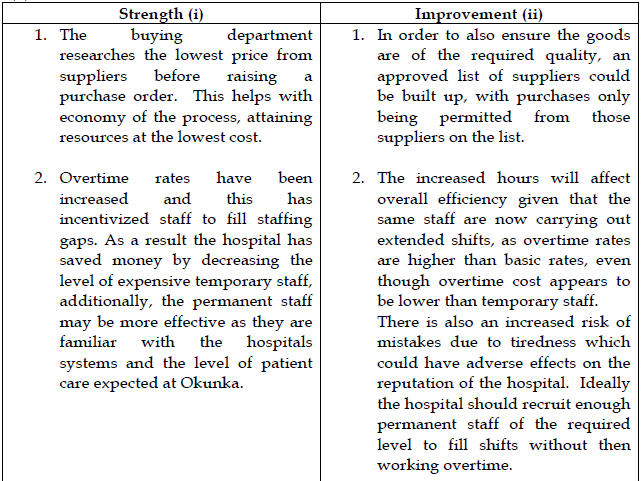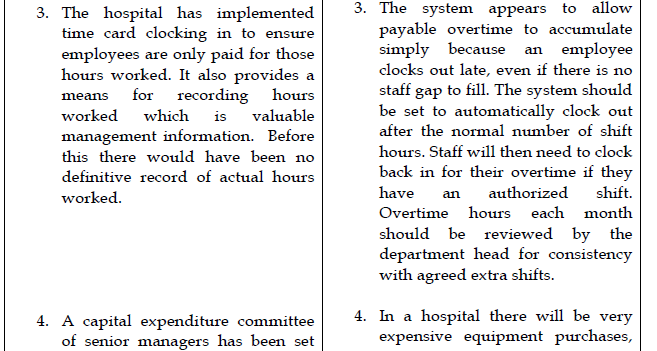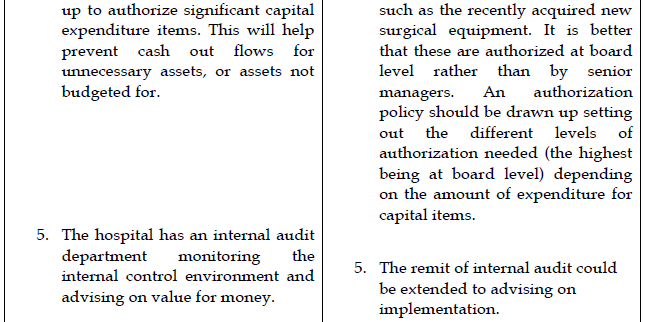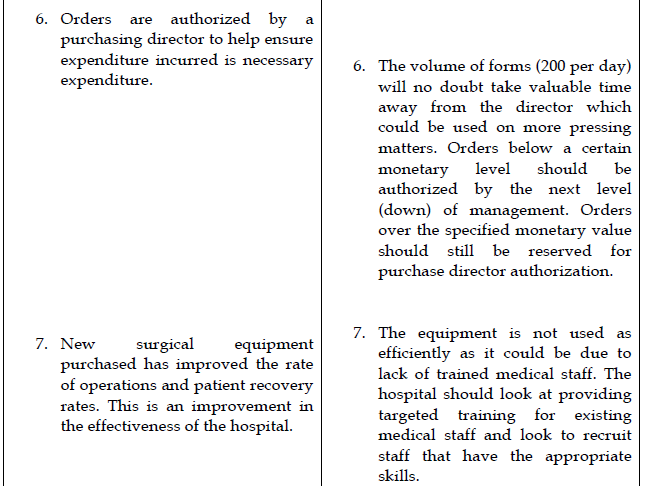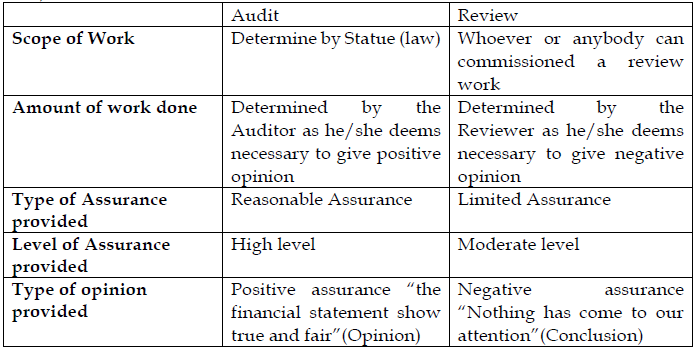Nov 2016 Q3
a) It has become necessary that Audit firms plan their activities well in order to avoid risk and other litigation issues. ISA 300 Planning an Audit of financial statements, states that the auditor must plan the audit.
Required:
Briefly define audit planning (2 marks)
View Solution
Audit planning is defined as the process in which the strategy is designed or conducts to achieve the expected result, which also defines the scope of audit inside the company. The size, nature and the time for the audit plan may vary.
Is a vital area of the audit primarily conducted at the beginning of audit process to ensure that appropriate attention is devoted to important areas, potential problems are promptly identified, work is completed expeditiously and work is properly coordinated.
The audit plan converts the audit strategy into a more detailed plan and includes the nature, timing and extent of audit procedures to be performed by engagement team members in order to obtain sufficient appropriate audit evidence to reduce audit risk to an acceptably low level.
b) Enumerate EIGHT benefits or importance of audit planning. (8 marks)
View Solution
1. Audit planning helps the auditor to devote appropriate attention to important areas of the audit.
2. Audit planning helps the auditor to identify and resolve potential problems on a timely basis.
3. Audit planning helps the auditor to properly organize and manage the audit so it is performed in an effective manner.
4. Audit planning assists in the selection of appropriate team members and assignment of work to them
5. Audit planning facilitates the direction, supervision and review of work
6. Audit planning assists in coordination of work done by other auditors and experts.
7. Audit planning establishes the means of achieving the objectives of the audit in efficient and effective manner.
8. Setting of materiality levels
9. Determination of audit time table
10. Reliance on internal audit and client staff to provide schedules.
(Any 8 points)
c) Demonstrate the use of Preliminary Analytical Review as a planning tool in an audit. (5 marks)
View Solution
Preliminary analytical review is used at the planning stage of an audit to help the auditor to obtain an understanding of the financial circumstance of the client, e.g. a reduction in gross profits percentage may indicate that the company may eventually make a net loss or increase in the debt collection period may indicate risk of uncollectible receivables.
Identify potential risk areas to which an attention should be paid during the audit. For example liquidity and profitability ratios can point to going concern problems which may need to be evaluated.
Determine the nature, timing and extent of audit procedures. For example evidence obtained from preliminary analytical procedures may enable the auditor to determine what audit procedures to perform to respond to the risks identified.

